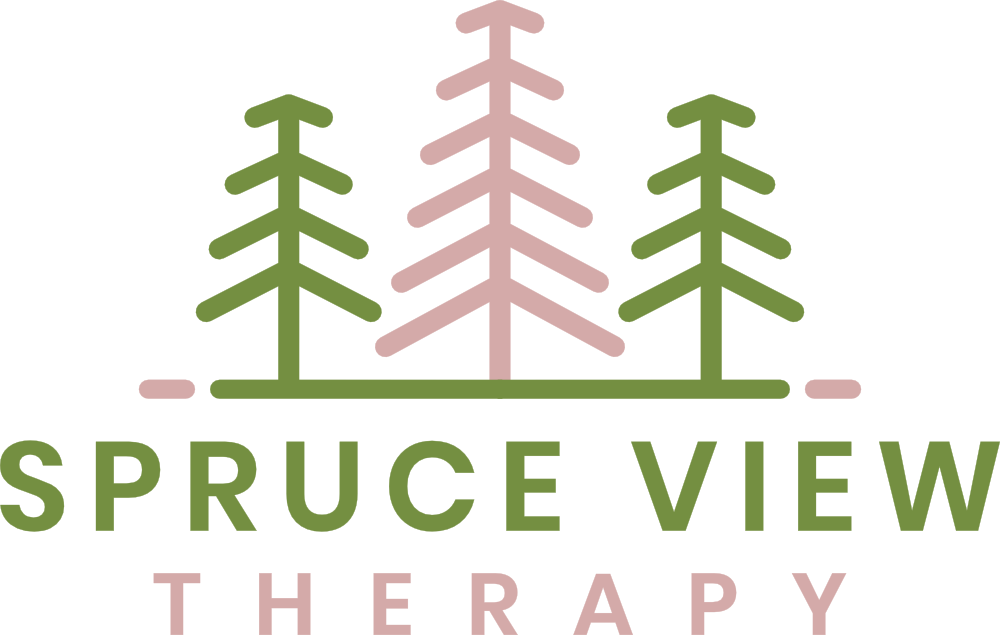Trauma Responses You Might Not Recognize
Trauma does not always show up as flashbacks, nightmares, or panic attacks.
More often, trauma shows up in subtle ways you might not immediately connect to your past. Maybe it looks like anxiety, perfectionism, people-pleasing, or always needing to stay busy. Or maybe it’s feeling shut down, detached, or like you are just surviving the day. These patterns are called trauma responses, and they are part of your body’s natural way of trying to keep you safe.
In this post, we’ll look at common trauma responses that you might not realize are part of your body’s survival system.
What Is a Trauma Response?
A trauma response is an automatic reaction your body and nervous system developed to protect you during overwhelming experiences.
First, not everything is a trauma response, and I want to be clear about that. There is a trend online that labels nearly every behavior as trauma-related. That is not what I am saying here. But our experiences do shape us, and trauma responses are patterns that stick around long after the danger has passed.
Researchers generally group trauma responses into four main categories: fight, flight, freeze, and fawn.
Fight Response Examples
Irritability, anger outbursts, or defensiveness
Feeling like you always need to “win” arguments or prove yourself
Physical or verbal aggression
Needing to control situations or people
Flight Response Examples
Perfectionism, overworking, or overachieving
Difficulty sitting still or relaxing
Escaping with substances or alcohol
Avoiding conflict or difficult conversations
Freeze Response Examples
Trouble making decisions
Endless procrastination
Emotional numbness
Dissociation or “zoning out”
Numbing with food, scrolling, or alcohol
Fawn Response Examples
Feeling responsible for others’ emotions
People-pleasing to avoid conflict
Being overly apologetic or agreeable
Constantly seeking approval or validation
Why These Responses Made Sense at the Time
Trauma responses develop for a reason: they once kept you safe.
For example, imagine a little girl growing up in a home where conflict often erupted without warning. She couldn’t fight back without making things worse. She couldn’t run away. There was nowhere else to go. So, she froze. She stayed quiet, shut down her feelings, and mentally checked out until the yelling stopped. In those moments, freezing was protective. It helped her avoid any further harm.
The problem is that these responses often stay with us long after the original danger has passed. That same little girl, now an adult, may shut down whenever she faces conflict. She feels numb, stuck, and unable to speak up. What once kept her safe now holds her back.
How Therapy Can Help You Heal
Therapy can help you and your nervous system recognize these patterns and gently unlearn them. By identifying what was once protective, you can begin to create new ways of responding that reflect the safety and stability you have now.
From an Internal Family Systems (IFS) perspective, trauma responses are seen as protector parts. These parts work hard to shield you from deeper wounds like rejection, depression, or the belief that you’re not good enough. In therapy, we can help these protector parts step back by healing the underlying pain they’ve been trying to manage. The result: you feel more present, grounded, and free.
EMDR (Eye Movement Desensitization and Reprocessing) therapy is another powerful approach for trauma healing. EMDR helps the brain reprocess painful experiences so they no longer feel overwhelming in the present. Many people find that EMDR reduces their automatic trauma responses and brings a greater sense of calm, safety, and confidence.
Final Thoughts
If you see yourself in any of these responses, you are not broken, and you are not alone. These patterns developed to protect you. The good news is they do not have to define your future. With the right support, you can heal old wounds, regulate your nervous system, and feel like yourself again.
If you are ready to feel calm, confident, and at peace again, I’d be happy to help you get there. Schedule a free consultation today.
Michaela Zoppa is a Licensed Professional Counselor (LPC) in Colorado Springs, Colorado. She supports women and teen girls navigating anxiety, perfectionism, trauma, and burnout. She uses evidence-based, trauma-informed modalities, including EMDR and Internal Family Systems (IFS) therapy.




